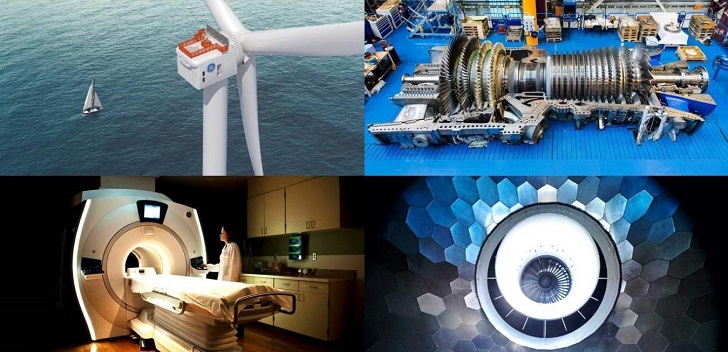According to the US Justice Department, a New Yorker was given a two-year prison term on Tuesday for planning to steal trade secrets from General Electric for China.
After a four-week jury trial that finished in March of last year, Xiaoqing Zheng, 59, of Niskayuna, New York, was found guilty of conspiring to commit economic espionage, according to the Justice Department. U.S. District Judge Mae D'Agostino also ordered Zheng to pay a $7,500 fine and complete one year of post-incarceration supervised release.
According to American officials, the Chinese government represents the most significant long-term threat to the country's economy and national security. It makes unheard-of attempts to steal vital technology from American companies and researchers, and China disputes the claims.
NTAT and LTAT

WNYT13/ Daily Mail | Xiaoqing Zheng was arrested in August 2018
Between 2008 and the summer of 2018, Zheng was employed by G.E. He allegedly planned to steal proprietary information from G.E. relating to the company's ground- and aviation-based turbine technologies, both of which Beijing has listed as significant research and manufacturing priorities for 2030 under the country's most recent five-year plan, with the help of his wife's nephew and other people in China, according to court documents.
Prosecutors said that Zheng and his accomplices devised a scheme to steal G.E. technology to advance the interests of the Chinese government and its organizations.
Zheng and others in China established Nanjing Tianyi Avi Tech (NTAT) in 2016, a business that creates turbine parts. In the meantime, Zhaoxi Zang, the Chinese citizen nephew of Zheng's wife, founded and owns another company called Liaoning Tianyi Aviation Technology (LTAT), in which Zheng had a 45 percent stake. Turbine component manufacturer LTAT and the two businesses remained very tight.

Tomas Kellne/ GE | For more than 125 years, GE has invented the future of industry
Both organizations, which have the same logo, "operate as independent sections of an entity that aspires to develop and manufacture parts for turbines," according to court filings. Both organizations, which have the same logo, "operate as independent sections of an entity that aspires to develop and manufacture parts for turbines," according to court filings.
In February 2016, Zheng informed G.E. of his Chinese business while assuring his employer that there was no conflict of interest. Spoiler alert: it did, and the indictment stated that the worth of the stolen trade secrets was "millions of dollars."
Zheng's crimes, according to Olsen, also represent a threat to national security. He added, "The Justice Department will hold accountable anyone who conspires to steal important trade secrets on behalf of a foreign power, endangering our national security.
Working for Chinese competitors
According to court records, U.S. investigators said Zheng may have started stealing thousands of files revealing G.E.'s trade secrets as early as 2014.

Tomas Kellne/ GE | The General Electric Company (GE) is an American multinational company
Additionally, the FBI discovered that Zheng worked for or controlled Chinese businesses that dealt with the same technology used by G.E. Power, which develops and promotes energy-producing methods globally. According to an affidavit by FBI Special Agent MD McDonald, "The G.E. proprietary technology on which Zheng works would have economic value to any of G.E.'s commercial competitors."
Zheng is accused of using "steganography" to send files disclosing turbine technology to his email account while concealing the information within the binary code of a digital sunset photograph.